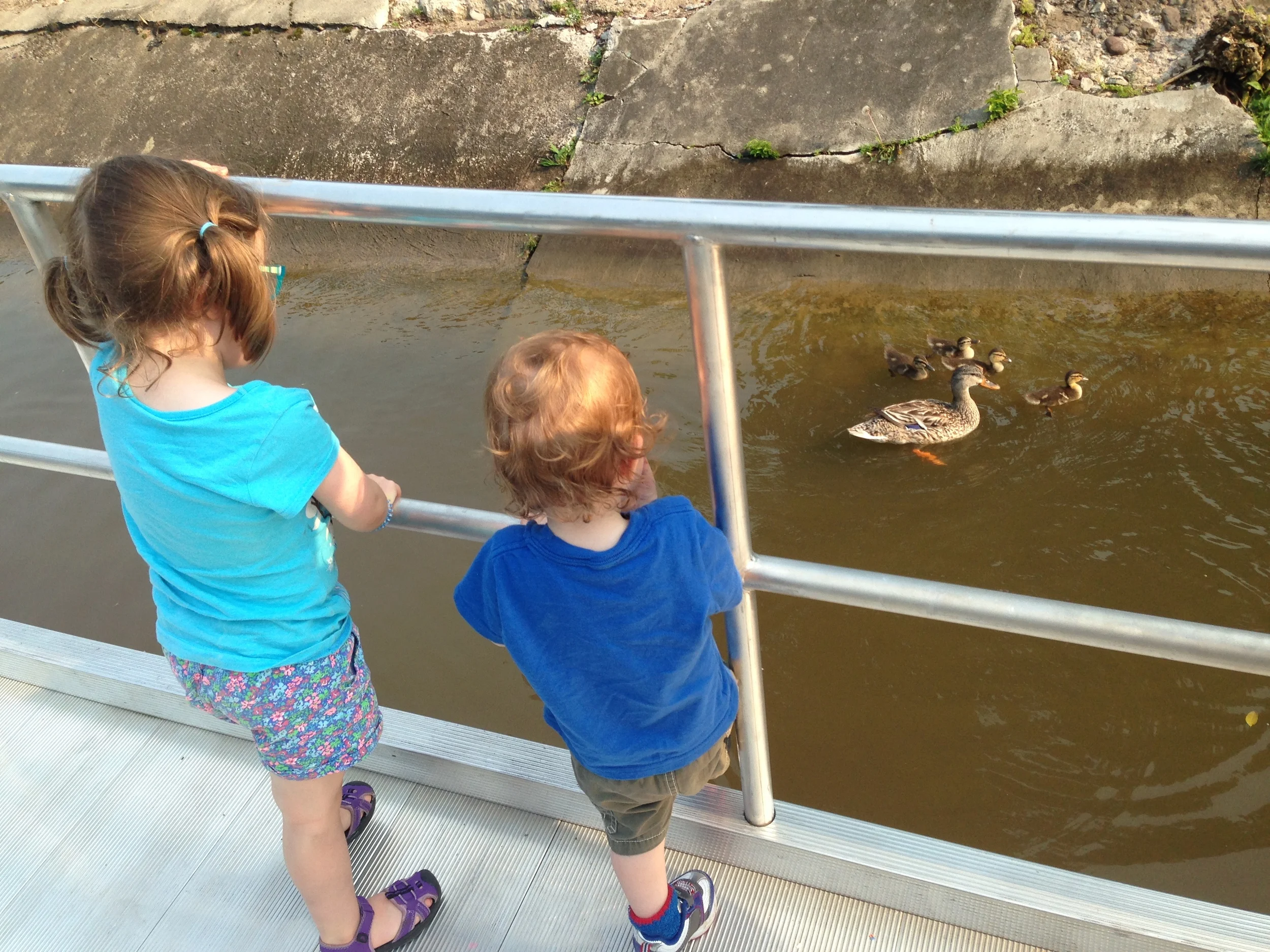Lately I have switched gears from blogging to preparing for speaking engagements in the Rochester community. Below is my full schedule of speaking engagements this fall, with details on how you can attend. As each draws closer, I hope to send out a teaser on this blog about the topic and content of my speech. Then, when all settles, I should have some great material to turn into blog posts for my loyal readers through the long Rochester winter.
If you have questions about any of these engagements, you can reach me directly at bryanharrisonphd@gmail.com. I hope to see friendly and familiar faces in the crowd this fall!
The Children's School at URMC - Teacher In-Service
Monday, October 10, 9 A.M. - 10 A.M., Closed to the public.
http://www.cclc.com/our-centers/rochester/ny/301671/
Greater Rochester Mother's of Twins
Thursday, October 13, 7 P.M. - 9 P.M., Open to Members. Free.
http://www.grmotc.com/
Upstate Special Needs Planning - Disability awareness Week
Monday, October 24, 6 P.M. - 7:30 P.M.,
Open to the public. Reservations requested at 585-899-1253. Free.
http://www.upstatesnp.com/homepage/
Camp Puzzle Peace Family Empowerment Series
Tuesday, October 25, 6 P.M. - 7:30 P.M.,
Open to the public. Reservations required at 585-371-5018.
$25 fee for a 3 series engagement, paid to Camp Puzzle Peace.
http://www.familyautismcenter.com/programs/parent-programs
AutismUp Speaker Series - Confidence & Self-Advocacy
Monday, November 7, 7 P.M. - 9 P.M. Open to Members. Free.
http://autismup.org/program-calendar/





